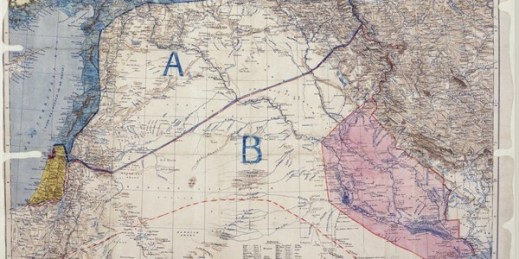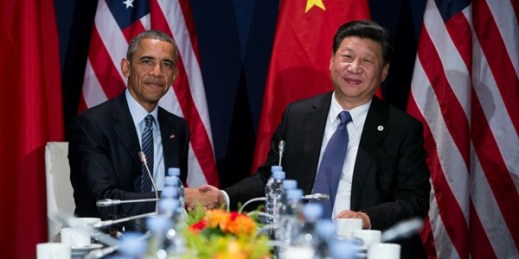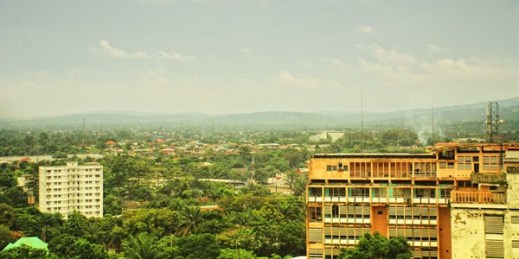
Editor’s note: This article is part of an ongoing WPR series on the impact of falling oil and commodities prices on resource-exporting countries. Last week, the prime minister of the Democratic Republic of Congo (DRC), proposed a new budget that included cutting government spending by 30 percent in a bid to avoid hyperinflation, as the economy continues to suffer from low global commodities prices. In an email interview Yvan Yenda Ilunga, a doctoral student in the division of global affairs at Rutgers University, discussed the effect of declining revenues from commodities on the DRC’s economy. WPR: How important are commodities […]

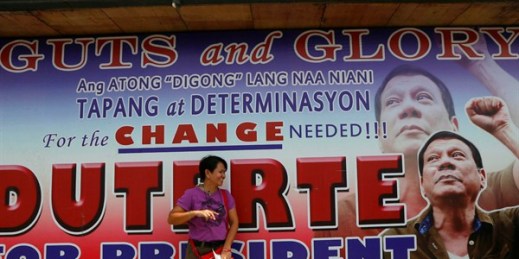
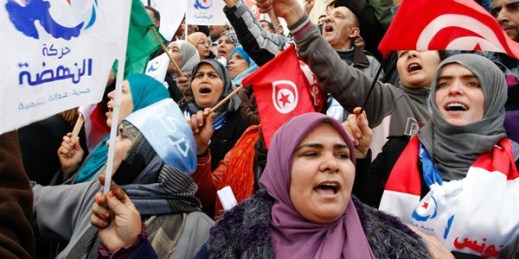
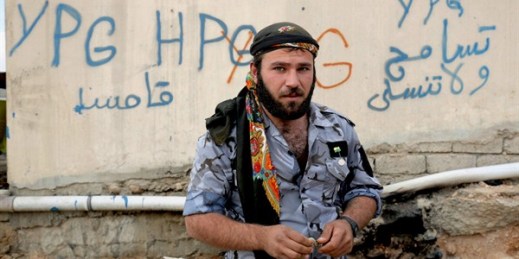
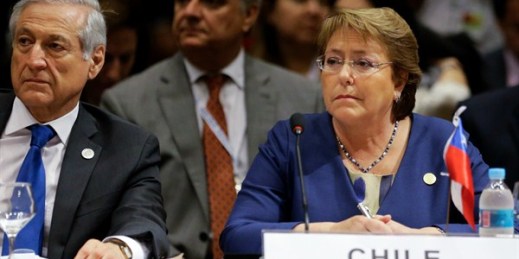
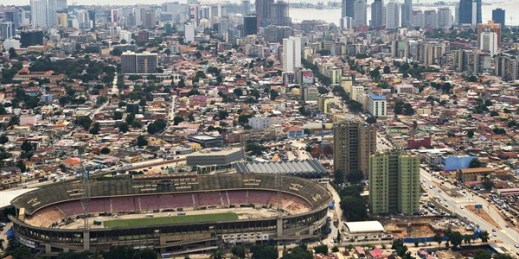
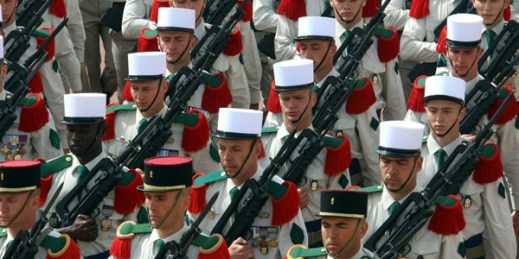
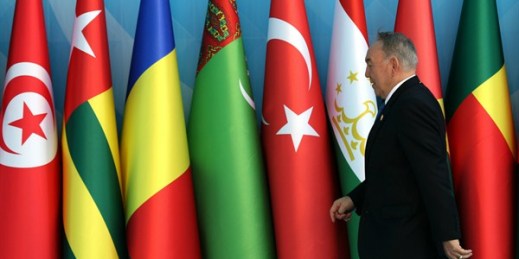
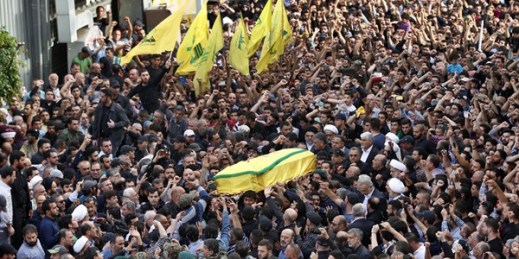
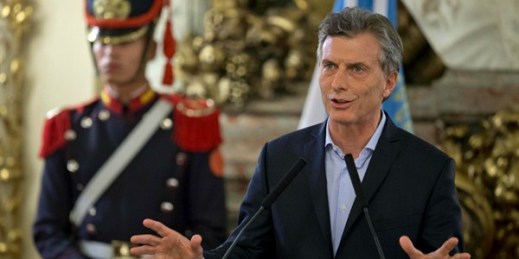
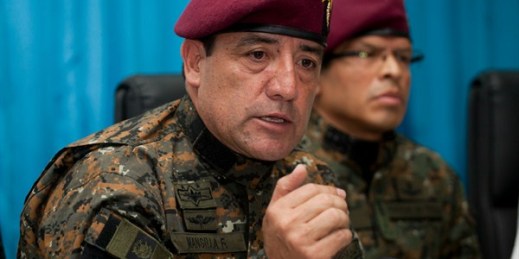
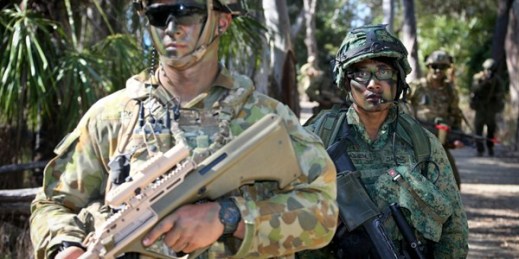
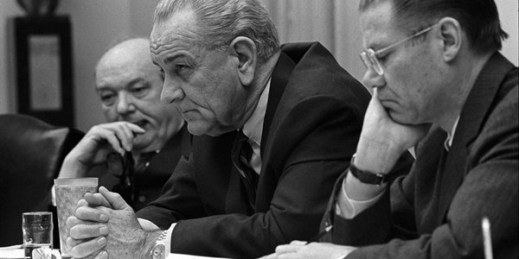
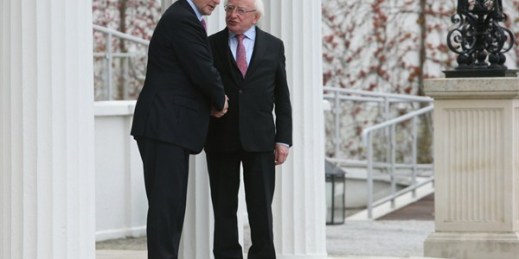
![Japan's Prime Minister Shinzo Abe, center, shakes hands with Myanmar's] President Thein Sein, left, and Thailand's Prime Minister Prayuth Chan-ocha, July 4, 2015 (AP photo by Kazuhiro Nogi).](https://www.worldpoliticsreview.com/wp-content/uploads/2016/05/l_japan_mekong_05172016_1.jpg?w=519&h=259&crop=1)
